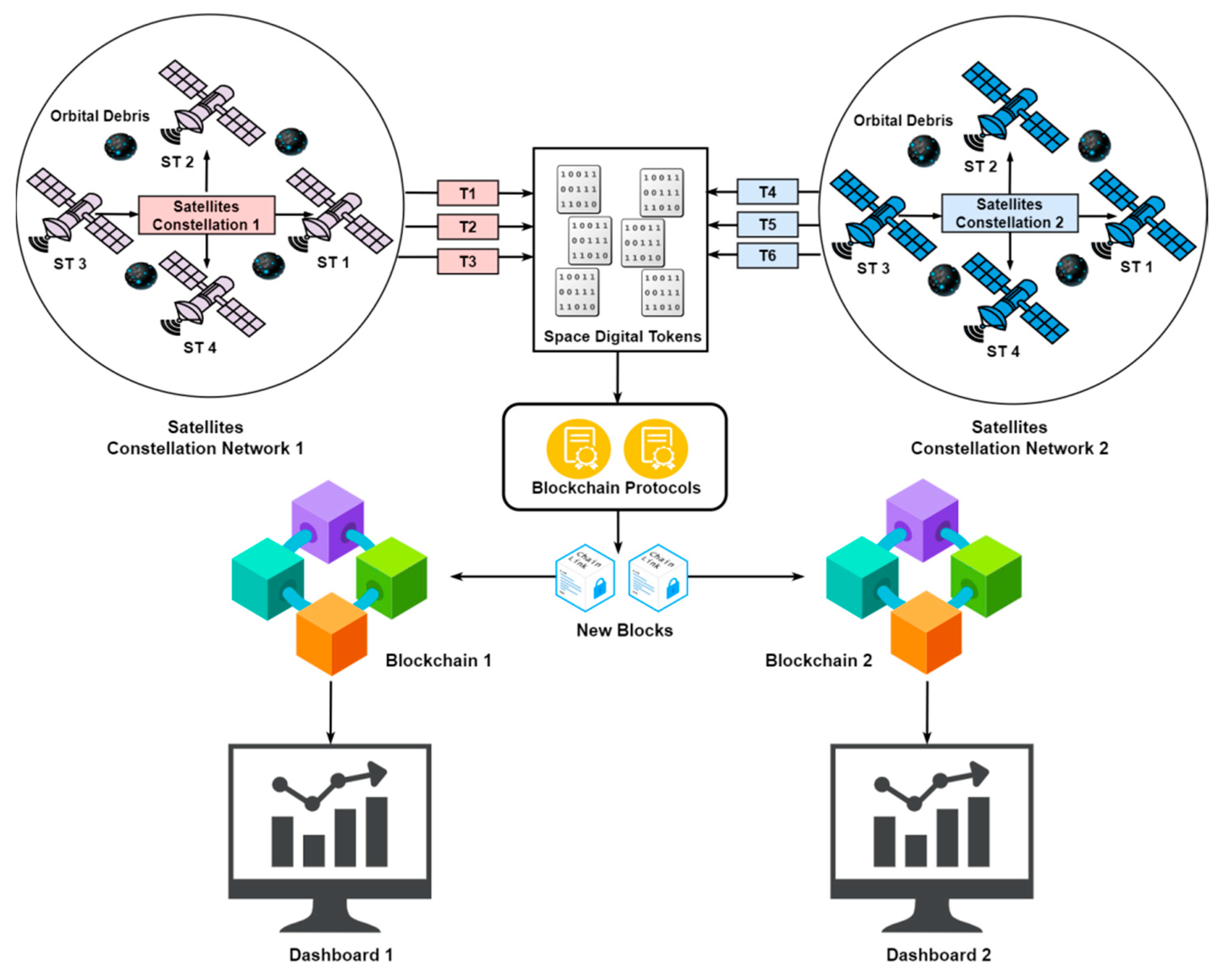In today’s fast-paced digital world, the security and authenticity of legal documents have become paramount. Traditional notarization methods, while effective, can be time-consuming and may not provide the level of security needed in an increasingly digital landscape. This is where blockchain technology steps in, revolutionizing the way we secure legal documents through digital notarization.
The Evolution of Notarization
Notarization has been a crucial part of legal proceedings for centuries. It involves the certification of documents and the verification of signatures to prevent fraud and ensure the authenticity of important records. Traditionally, this process was carried out by a notary public, a licensed official who would physically witness the signing of documents, verify identities, and attach their seal and signature to the paperwork.
While traditional notarization has served its purpose well, the digital age has brought about the need for more efficient and secure methods of document verification. Enter blockchain technology, which offers a revolutionary approach to digital notarization.
Understanding Blockchain Technology
Blockchain, most commonly associated with cryptocurrencies like Bitcoin, is a distributed ledger technology that records transactions across a network of computers. What makes it unique is its decentralized and immutable nature. Each block in the blockchain contains a record of multiple transactions, and these blocks are linked together in a chain. Once a block is added to the chain, it cannot be altered, ensuring a permanent and tamper-proof record.
The decentralized nature of blockchain means that no single entity has control over the network. Instead, it relies on consensus mechanisms, such as proof of work or proof of stake, to validate and add new transactions to the ledger. This makes blockchain a highly secure and transparent technology.
How Blockchain Enhances Notarization
Blockchain’s core features make it an ideal candidate for digital notarization. Here’s how it enhances the process:
1. Immutable Records
Once a document is notarized on the blockchain, it becomes part of an immutable record. This means that the document’s contents and timestamp are permanently recorded and cannot be altered or deleted. This level of permanence ensures the long-term integrity of legal documents.
2. Enhanced Security
Blockchain uses cryptographic techniques to secure data. Documents notarized on the blockchain are encrypted, making it extremely difficult for unauthorized individuals to access or manipulate them. Additionally, the decentralized nature of blockchain reduces the risk of a single point of failure or data breach.
3. Transparency and Trust
The blockchain is a transparent system where all transactions are visible to network participants. This transparency builds trust among parties involved in legal transactions, as they can independently verify the authenticity of notarized documents without relying solely on a third party.
4. Reduced Costs and Efficiency
Digital notarization using blockchain technology eliminates the need for physical presence and paperwork. This streamlines the notarization process, reduces costs associated with traditional notarization methods, and accelerates the completion of legal transactions.
Use Cases of Blockchain-Based Notarization
Blockchain-based notarization has found applications in various industries, offering a secure and efficient way to authenticate documents and transactions. Here are some notable use cases:
1. Real Estate
In the real estate industry, property transactions involve numerous legal documents and signatures. Blockchain notarization can ensure the authenticity of property deeds, titles, and contracts, reducing the risk of fraud and disputes.
2. Intellectual Property
Creators of intellectual property, such as artists, writers, and inventors, can use blockchain notarization to establish ownership and timestamp their work. This provides a verifiable record of creation, which can be crucial in copyright disputes.
3. Legal Contracts
Businesses and individuals can notarize legal contracts and agreements on the blockchain, ensuring the integrity of the terms and conditions. This can be particularly beneficial for international transactions, where parties may not be physically present.
4. Academic Credentials
Blockchain notarization can be employed to verify academic credentials and certificates. This makes it easier for employers and educational institutions to confirm the qualifications of individuals, reducing the risk of credential fraud.
Challenges and Considerations
While blockchain-based notarization offers numerous benefits, it is not without its challenges and considerations:
1. Legal Recognition
The legal recognition of blockchain-based notarization varies from one jurisdiction to another. Some countries have embraced it, while others are still in the process of defining its legal status. It’s essential to understand the regulatory environment in your region before relying solely on blockchain notarization.
2. Technical Expertise
Implementing blockchain technology for notarization may require technical expertise. Organizations and individuals must be well-versed in blockchain protocols and security best practices to ensure the process is executed correctly.
3. Cost of Implementation
While blockchain can reduce costs in the long run, the initial implementation of blockchain-based notarization systems may involve upfront expenses. Organizations should assess the cost-benefit ratio before adopting this technology.
4. Data Privacy
Blockchain’s transparency may raise concerns about data privacy. Organizations must strike a balance between transparency and protecting sensitive information when using blockchain for notarization.
The Future of Notarization
As blockchain technology continues to mature and gain wider acceptance, it is likely to become the standard for notarization in many industries. The benefits of enhanced security, transparency, and efficiency are too significant to ignore. However, it is crucial to stay informed about the evolving regulatory landscape and best practices in implementing blockchain-based notarization.
In conclusion, blockchain technology has opened up exciting possibilities for securing legal documents through digital notarization. Its immutable records, enhanced security, transparency, and cost-efficiency make it a compelling choice for a wide range of applications. While challenges remain, the potential benefits make blockchain-based notarization a game-changer in the world of legal documents and transactions. Embracing this technology can bring us closer to a future where digital notarization is the standard, ensuring the security and authenticity of legal documents in our increasingly digital world.



